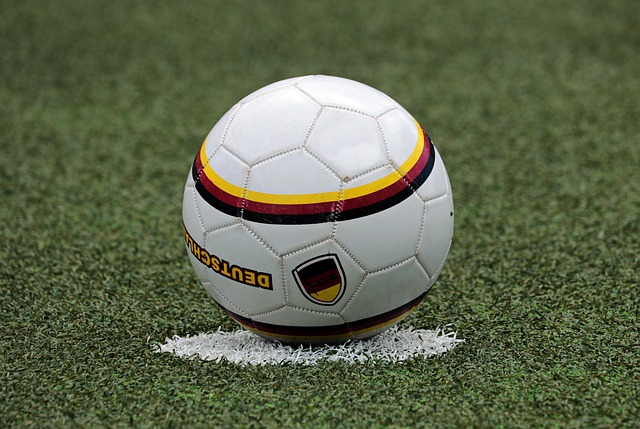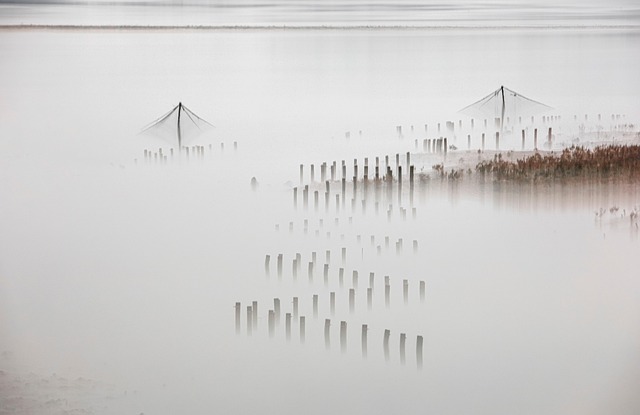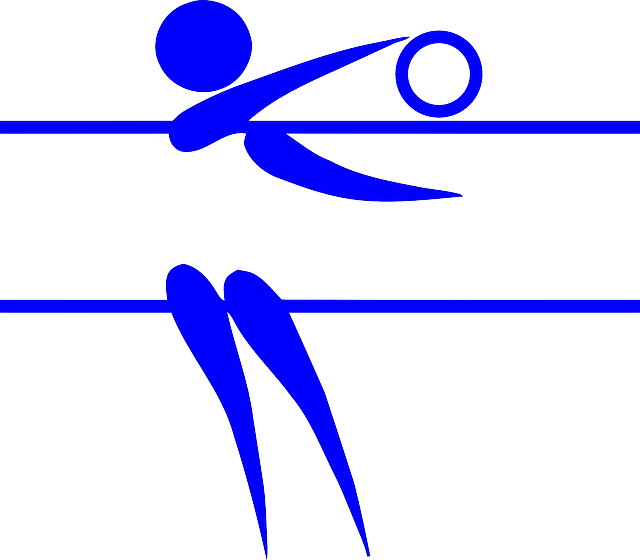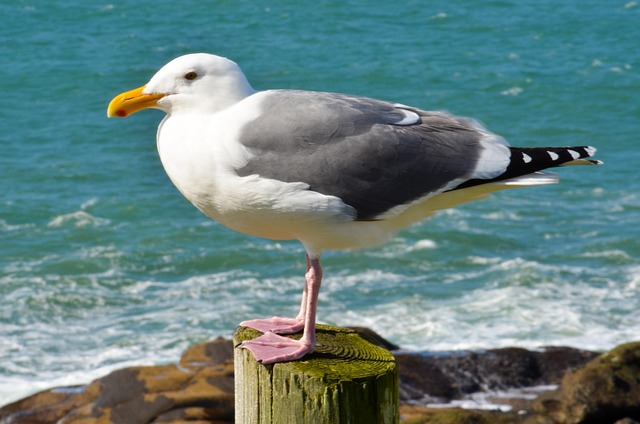Oregon boasts a rich volleyball history spanning decades, with the sport deeply ingrained in its cultural identity. The state's dedication to volleyball is evident through its successful high school and college competitions, driven by iconic players and coaches. To develop young athletes, beginners focus on fundamental skills and conditioning, while advanced techniques are taught to refine strategic gameplay. Oregon's volleyball teams blend mental fortitude with strong team dynamics, leveraging the state's history to strive for excellence and uphold its esteemed volleyball legacy.
Oregon has a rich history in volleyball, with its passionate tradition dating back decades. This article explores the training practices that shape the Ducks volleyball athletes, delving into the unique blend of historical and modern techniques. From understanding the state’s volleyball roots to mastering advanced techniques and fostering mental resilience, we uncover essential elements for building a successful Oregon volleyball squad. Discover how these practices contribute to the ongoing legacy of Oregon’s volleyball excellence.
- Understanding Oregon's Volleyball Tradition: A Historical Perspective
- Building a Strong Foundation: Essential Training Practices for Beginners
- Advanced Techniques and Tactics: Elevating Duck Volleyball Athletes' Skills
- Mental Preparation and Team Dynamics: Unlocking the Potential of Oregon's Volleyball Squad
Understanding Oregon's Volleyball Tradition: A Historical Perspective
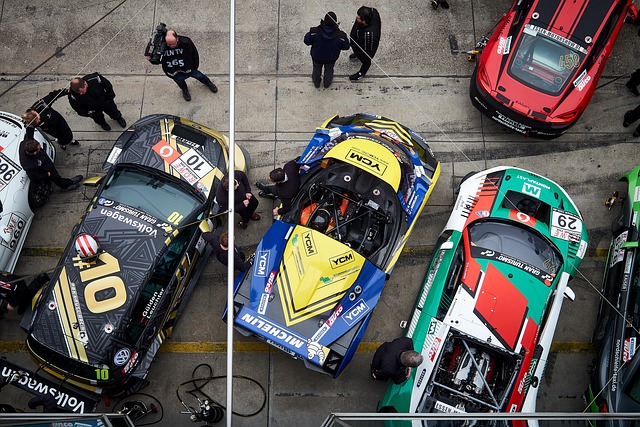
Oregon has a rich history in volleyball, with the sport deeply ingrained in its cultural fabric. The state’s passion for this game dates back to the early 20th century when it first gained popularity among local communities and educational institutions. Over time, Oregon’s volleyball tradition has flourished, establishing itself as a powerhouse in both high school and college-level competitions. This historical perspective highlights the state’s enduring love for the sport, which continues to inspire and shape athletic programs across Oregon.
The state’s volleyball legacy is marked by numerous achievements and contributions from iconic players and coaches who have left their indelible mark on the game. From humble beginnings, Oregon’s volleyball communities have grown, fostering a competitive yet supportive environment that encourages athletes to reach new heights. This historical context provides a foundation for understanding the current training practices and the dedication of Ducks volleyball athletes, who strive to uphold Oregon’s esteemed volleyball reputation.
Building a Strong Foundation: Essential Training Practices for Beginners
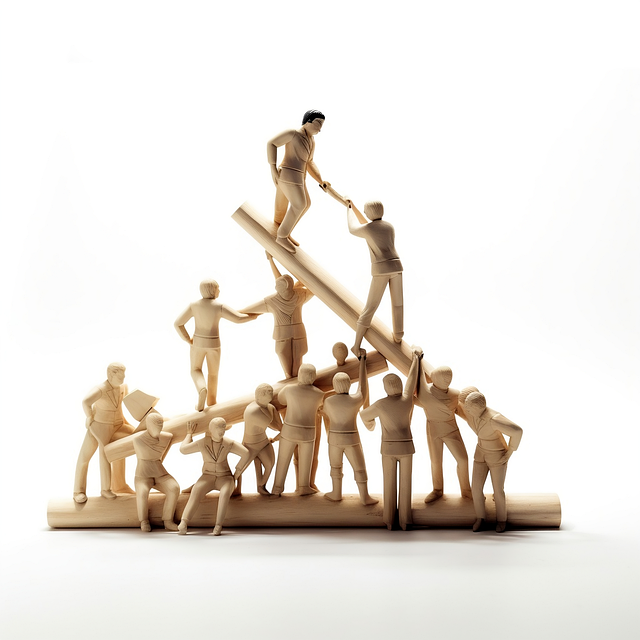
In Oregon, with a rich volleyball history that includes both collegiate and professional successes, establishing a solid foundation is paramount for developing young athletes. For beginners, training should focus on mastering fundamental skills, fostering proper form, and cultivating an understanding of the game’s tactics. This initial phase involves rigorous conditioning to build strength, agility, and endurance—essential components for any volleyball player. By emphasizing these core principles, athletes lay a durable groundwork that will serve them well as they progress through more advanced training.
Oregon’s tradition in volleyball encourages coaches to implement structured drills and repetitive exercises that reinforce basic techniques such as passing, setting, spiking, and digging. This methodical approach ensures players develop consistency and confidence in their abilities, which are crucial for transitioning to competitive matches. Through these essential training practices, beginners not only improve their individual skills but also begin to grasp the team dynamics and strategic elements that define Oregon’s esteemed volleyball culture.
Advanced Techniques and Tactics: Elevating Duck Volleyball Athletes' Skills
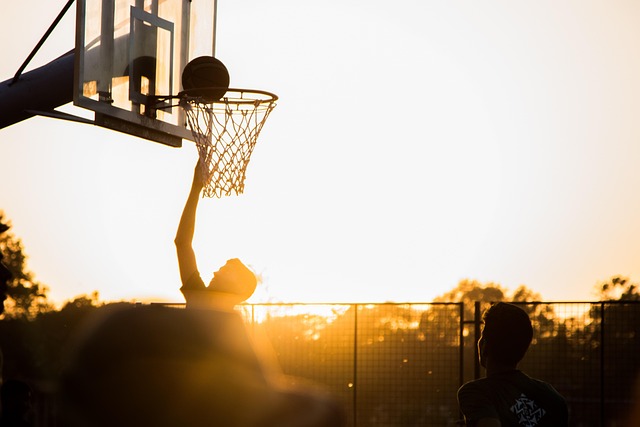
The advancement of Oregon volleyball athletes requires a deep dive into advanced techniques and tactics, especially as the sport continues to evolve. Beyond the fundamentals, coaches play a pivotal role in honing players’ skills by introducing complex strategies and fine-tuning their abilities. This involves sophisticated training methods that challenge athletes to think critically on the court, adapt to various game scenarios, and execute precise moves with seamless coordination. By embracing these advanced techniques, Ducks volleyball teams not only enhance their competitive edge but also contribute to Oregon’s rich volleyball history, striving for excellence at every level.
The integration of tactical awareness is a game-changer for Oregon volleyball athletes. Coaches incorporate drills that encourage players to anticipate opponent movements, quickly make decisions under pressure, and execute quick sets or attacks. This strategic approach fosters a dynamic playing style, reflecting the modern trends in volleyball. As these techniques are consistently practiced, Ducks athletes become adept at reading the game, improving their overall performance and solidifying their reputation in the competitive world of Oregon volleyball history.
Mental Preparation and Team Dynamics: Unlocking the Potential of Oregon's Volleyball Squad

The mental fortitude and team dynamics of Oregon’s volleyball squad are key elements in unlocking their potential, especially considering the state’s rich volleyball history. Beyond physical training, mental preparation plays a pivotal role in success on and off the court. Athletes must cultivate resilience, focus, and confidence to handle the high-pressure moments that come with competitive play. This involves visualization techniques, positive self-talk, and learning to manage nerves and stress.
Team dynamics are equally critical. Oregon’s squad benefits from fostering strong bonds among players, encouraging open communication, and promoting a culture of support and accountability. Cohesion builds trust, strengthens the collective vision, and allows individuals to perform at their best when called upon. By prioritizing these aspects, Oregon’s volleyball program aims to not only compete at a high level but also cultivate an environment where athletes thrive both personally and collectively.
